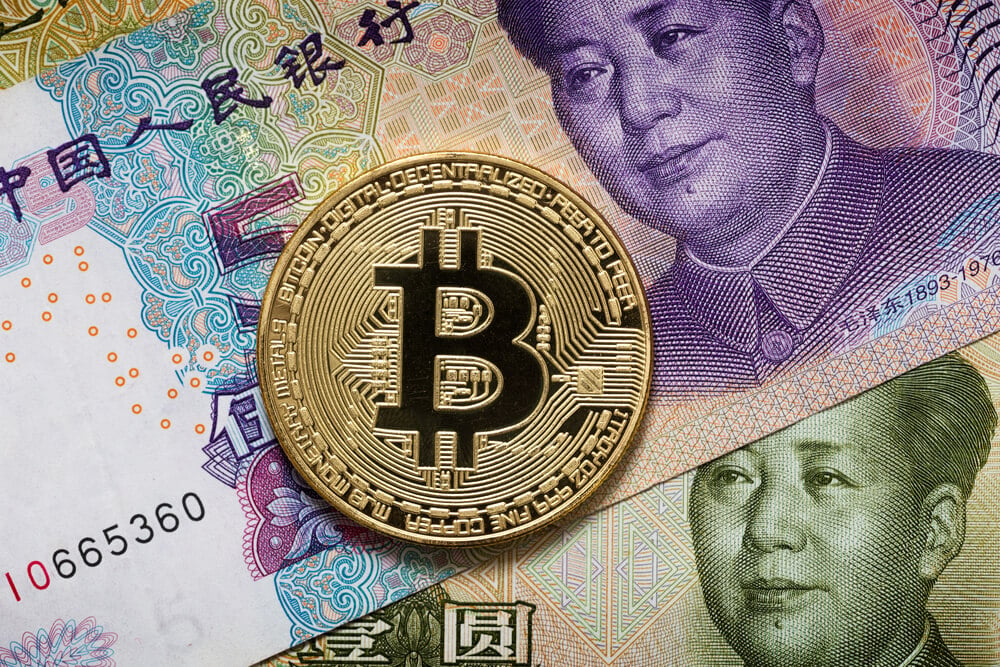China’s Largest State-Run Newspaper Calls for Cryptocurrency Regulation

There are indications that the Chinese government may be looking toward revisiting its controversial ban on cryptocurrency trading in favour of regulating the market.
A May 30, 2018 editorial on Globaltimes.cn, a news website owned by People’s Daily – China’s official communist party newspaper with a global circulation of nearly three million – may be a sign that the government’s stance on crypto trading may be changing.
Since the People’s Bank of China imposed a ban on local and foreign cryptocurrency exchanges and ICO websites earlier this year, there have been contradictory signals about the future of cryptos in China. On the one hand, a speech by the Chinese central bank governor Zhou Xiaochuan in March 2018 seemed to indicate the government sees digital assets as an unavoidable step in the evolution of money.
Conflicting Signals
He stated that the replacement of paper money and coins by digital assets was inevitable, and he further revealed that the PBOC was studying Bitcoin and other cryptocurrencies in order to help in issuing its own digital currency. On the other hand in that same month it was reported that the government crackdown on crypto trading went as far as blocking social media accounts linked to trading platforms.
With this editorial, however, comes the strongest indication that the Chinese government may be willing to relax its ban on cryptos and engage the market with its own regulations. Traditionally, editorials in the People’s Daily newspaper are not regarded as purely the independent thoughts of selected journalists, but as authoritative statements of policy by the Chinese government either for the purpose of informing the public or to test public reaction.
Economic Rivalry
The editorial harps on the idea that in China’s increasingly innovation-driven economy, a blanket ban on a technology cannot be effective and may have the unintended consequence of handing over the technological leadership initiative to another country. The following quote from the article sums up the message being passed:
“…Fencing off bitcoin exchanges can’t effectively end bitcoin trade, and fears of a bitcoin bubble could leave China behind in the digital currency revolution.”
This might not necessarily indicate that a total ease on restrictions is imminent. Defending China’s right to restrict trading cryptos because of their volatile trading tendencies, the editorial describes them as a potential threat to the stability of China’s financial system, and warns against a “rush” to adopt them.
Notwithstanding, it then uses the example of the increased involvement of American government bodies in the Bitcoin trading market to make the point that the proactive stance of the US may work better than reactive bans and restrictions in the long term.
Evoking China’s continued power tussle for economic supremacy with the US, the article concludes:
“[The] more proactive stance the US takes in regulating the cryptocurrency market…over time will contribute to digital currency sophistication in the world’s largest economy. It’s time for China to lay the regulatory groundwork for its rise as a future digital currency trendsetter.”
Featured image from Shutterstock.